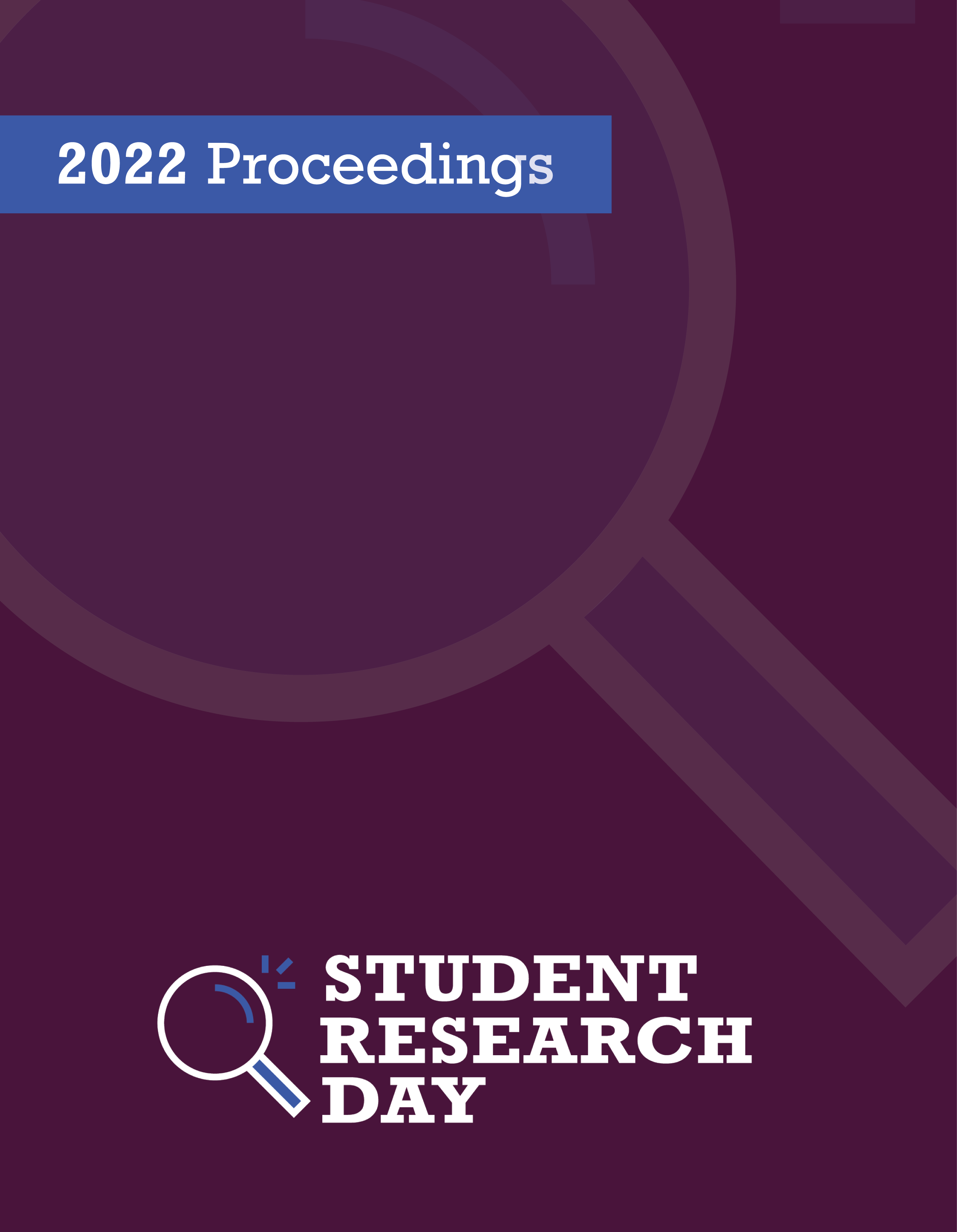Reading Ideology: The Evolution of Children's Literature as a Didactic Tool
Abstract
Children's literature has undergone many transitions since its origination in the late eighteenth century. From the Romantic period all the way through to the Post-Modern period we can observe parallel shifts in children's literature from Europe and North America. The one facet of children's literature that remains the same over this 250 year period is the function of this literature as a didactic tool. Children's literature is in a unique position to impart cultural and societal values on young readers in early to middle childhood, while they are still developing their understanding of the outside world and their place in it. As such, the lessons relayed in children's books become the foundation on which young readers develop their ideological beliefs. In this paper I will examine various works of children's literature from the late eighteenth century through to the end of the twentieth century—including A Little Pretty Pocket-Book (1744), Alice's Adventures in Wonderland (1865), Little Women (1868), and Harry Potter and the Philosopher's Stone (1997)— in order to demonstrate the ways in which children's literature has evolved as an ideological tool. These texts demonstrate a shift from explicit moral instruction in the late eighteenth century to a more concealed form of ideological indoctrination by the end of the twentieth century.
Department: English
Faculty Mentor: Dr. Paul Lumsden
References
Published
Issue
Section
License
Authors retain any and all existing copyright to works contributed to these proceedings.



